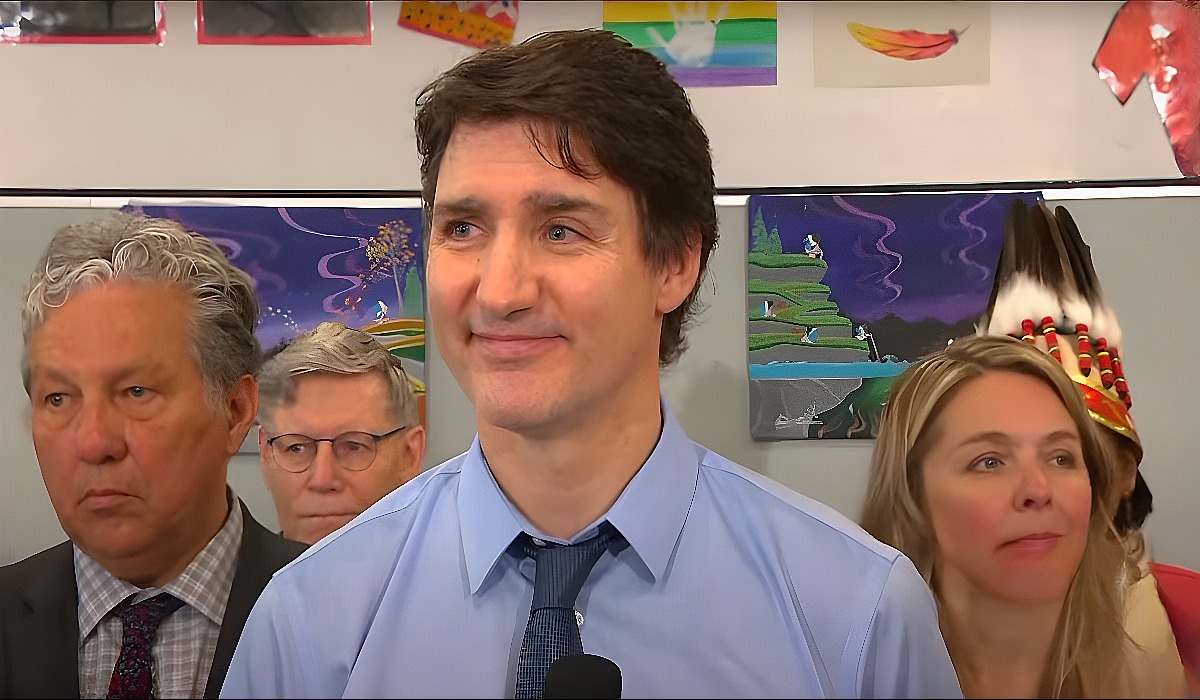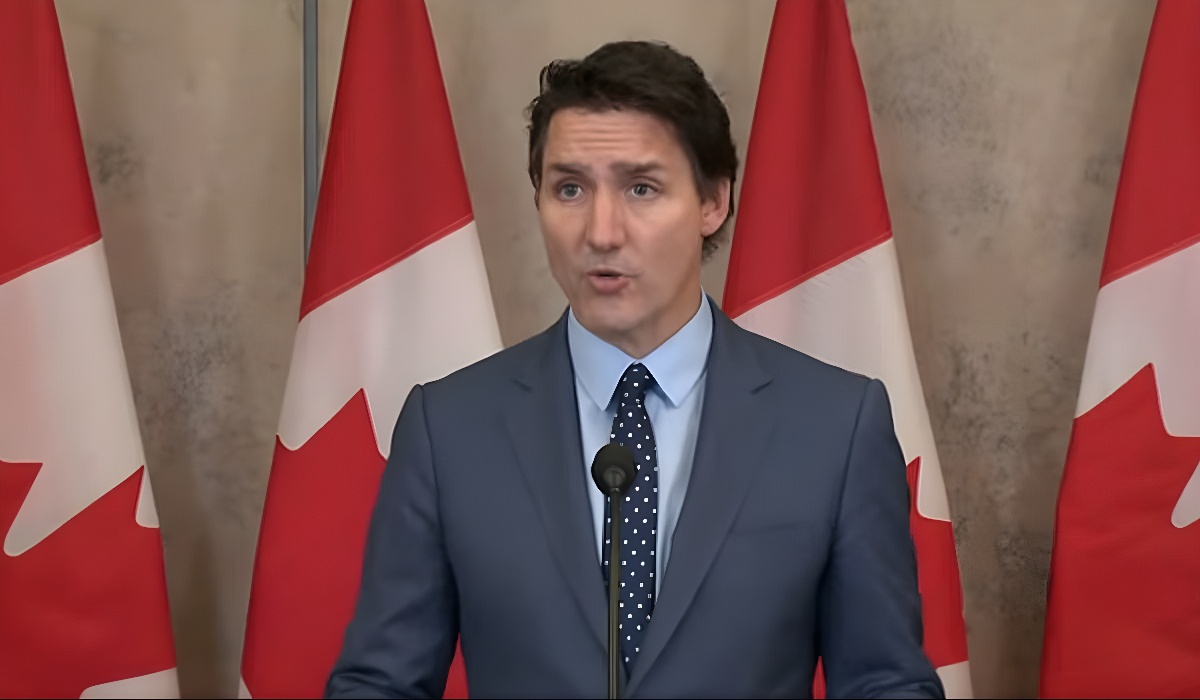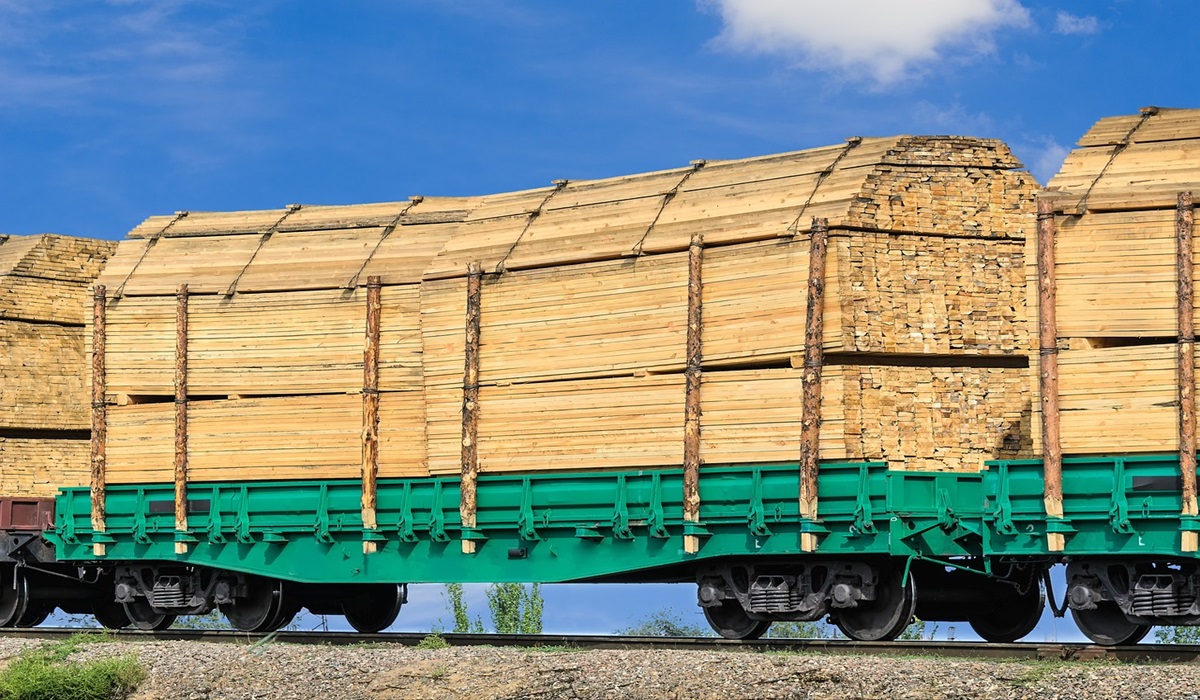Why Does Quebec Refer to Premier Legault as Prime Minister Legault?
- TDS News
- Canada
- Eastern Canada
- October 21, 2020
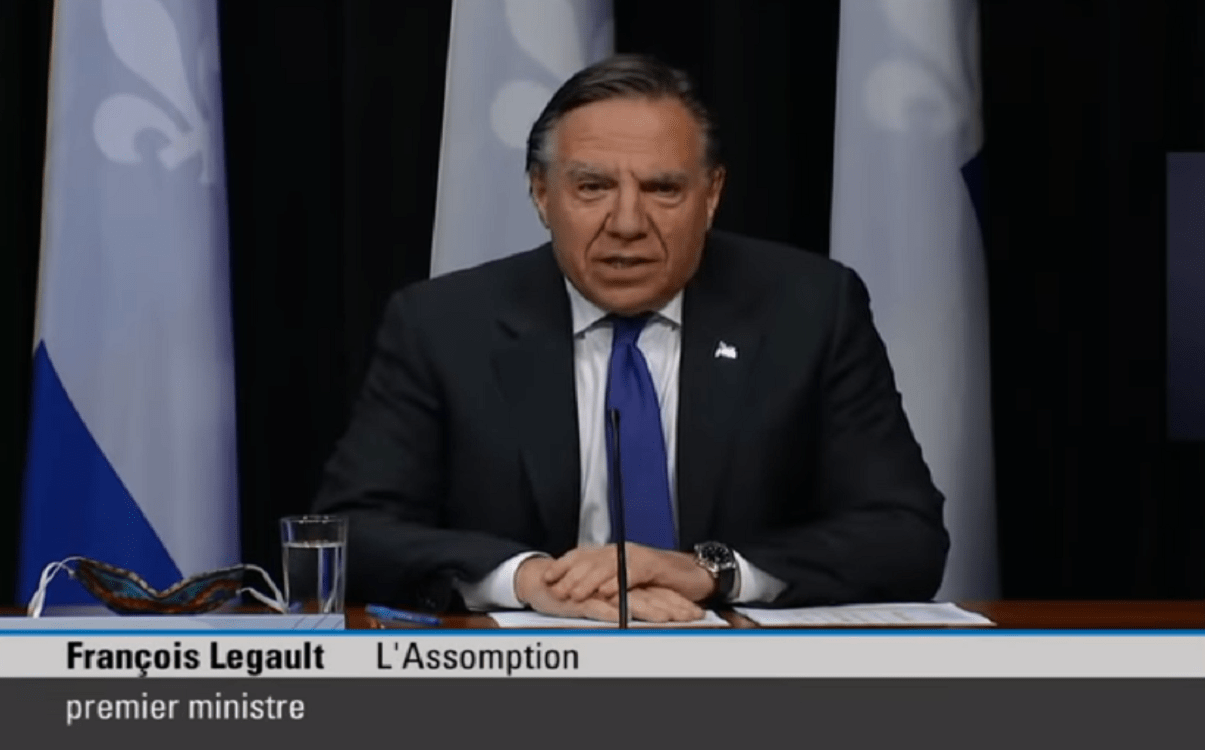
Canada technically has 14 prime ministers
In a number of provinces, premiers were previously known by the title prime minister, with premier being an informal term used to apply to all prime ministers, even the Prime Minister of Canada.
This practice was eventually phased out to avoid confusing the provincial leaders with the federal prime minister, as well as to indicate the distinct nature of the provincial offices.
Officially, the last such case outside Quebec was that of W. A. C. Bennett, who served as Premier of British Columbia and styled himself as prime minister until leaving office in 1972. The title premier is not granted by any written law. The formal name of the government position held by the premier is President of the Executive Council or some similar term, but that formal term is rarely used.
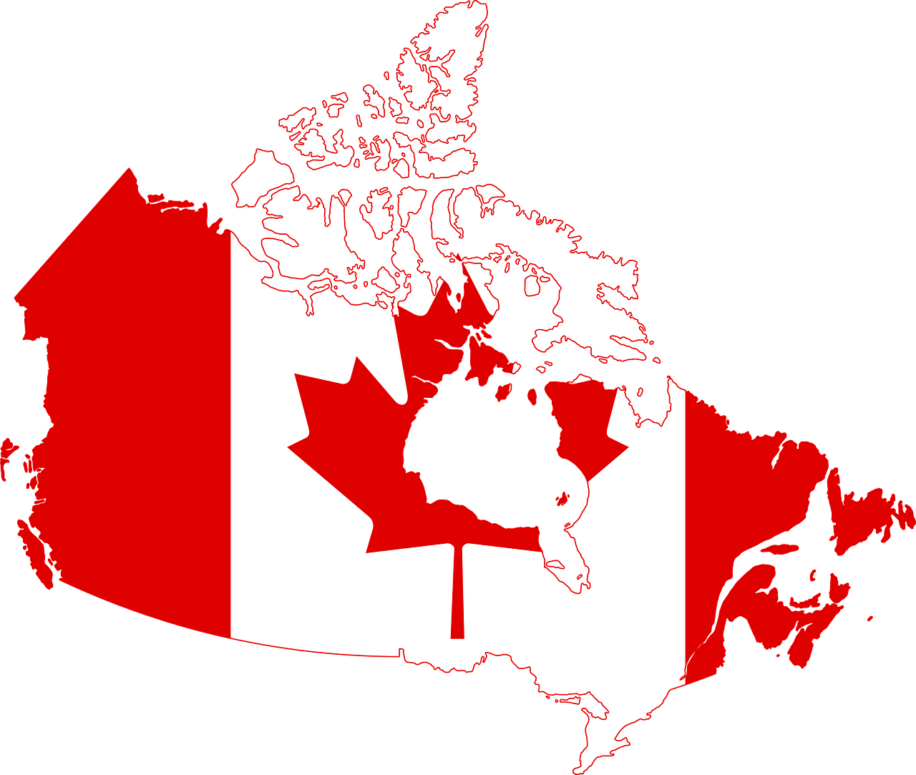
In Canadian French, the head of government of a province or territory is called premier ministre: the French language does not have a synonym for prime minister. In Quebec, this designation is often translated to prime minister in English.
The designation, however, is not exclusive. When they visit Quebec or are described by the Quebec government or many Quebec media, all the other heads of government of the other provinces are also called prime minister in the English version of the official French texts. The name of the province is always added to avoid confusion.
The terms prime minister and premier come from the United Kingdom, where there is only one prime minister/premier. Prime ministers of constituent countries in the UK are titled first minister. Collectively, Canada’s federal prime minister and the premiers are collectively referred to as first ministers, another synonym of British origin. wiki

